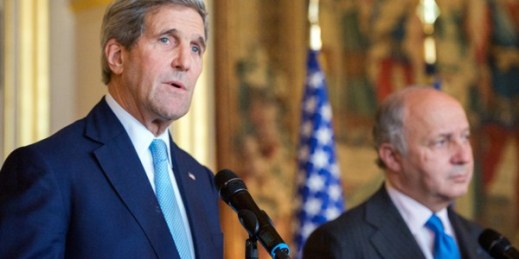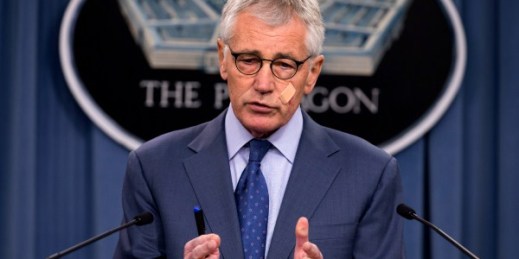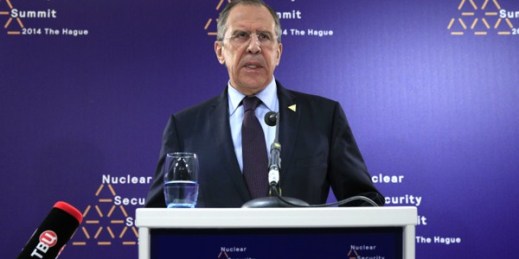
U.S. Secretary of State John Kerry’s last-minute whirlwind tour of European capitals in the run-up to the Nov. 24 deadline for reaching a nuclear deal with Iran calls to mind the old aphorism about diplomacy: The hardest part isn’t getting the other side to agree to the deal, it’s convincing your own side to agree to it. In this case, Kerry’s stopover today in Paris for talks with French Foreign Minister Laurent Fabius is illustrative. In November 2013, Fabius played a high-profile—and high-stakes—role in toughening up the initial interim framework accord that was extended once already and is now set […]


